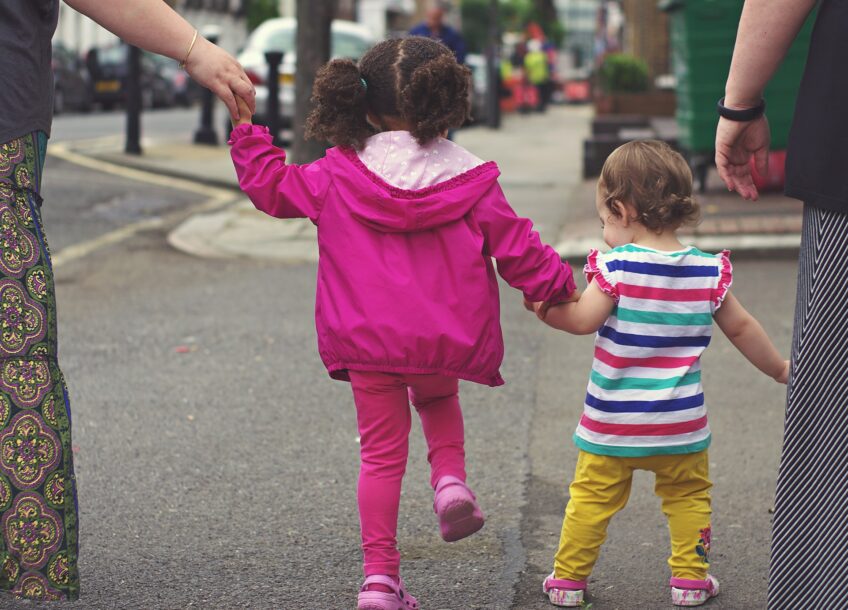Appointing a guardian for minor children – what parents need to know
Any parent with minor children should appoint one or more individuals (known as testamentary guardians) to take over their care if the parents die before the child reaches 18, says Sarah Allen of Tallents Solicitors.
As this is a complex area of law, Sarah offers some guidance on key points to consider when appointing a guardian:
How to appoint a guardian for your child
Only those with parental responsibility can appoint guardians. A child’s mother automatically has parental responsibility from birth; however, the father will only have parental responsibility if he is named on the birth certificate, is married to, enters into a parental responsibility agreement with the mother, or he is granted parental responsibility by the court.
The appointment must be in writing, signed, and dated, usually in a Will. However, a guardian can also be appointed in a signed and dated letter by the person making the appointment, or by their direction.
Who should you appoint as a guardian?
Only individuals can be appointed as guardians.
Parents can appoint one or more individuals that the children know and trust as a guardian. If appointing only one guardian, it is advisable to also appoint a replacement guardian, in case the original is unable or unwilling to act when the time comes. It’s not possible to force someone to be a guardian, so it’s important to fully discuss the appointment, implications and responsibilities before making it.
Parents with parental responsibility can appoint different guardians, but the appointment will only take place on the death of the second parent, as the guardianship provision will not override parental responsibility.
When does the appointment of a guardian take effect?
It comes into effect upon the death of the parent, or both parents, with parental responsibility.
If the father does not have parental responsibility when the mother dies, then the guardian she appointed will automatically assume parental responsibility on her death, even if the child is living with the father. Therefore, it is important to ensure that any unmarried father has legally recognised parental responsibility for them to continue to care for the child in the event of the death of the mother.
Guardianship automatically ceases when the child turns 18.
What responsibilities do I have as a Guardian?
Guardians acquire parental responsibility for the child, making important decisions about their care, upbringing, education, and medical treatment, for example. They can also appoint their own successor as guardian in the event they can no longer act.
However, being appointed a guardian does not automatically grant the right to have the child live with them. An application to the court must be made for an appropriate order.
We recommend that parents prepare a Letter of Wishes, which outlines their wishes regarding the upbringing of their child and can cover areas such as education and religion but can also include personal values too.
What are my likely costs as a guardian?
Guardians are not obligated to financially support the child from their own resources, so parents should ensure funds are available for the child’s support after their death. Parents can leave their estate in trust for the benefit of their child and support them until they turn 18, or alternative arrangements can also be set up.
Next steps
Sarah notes that it’s vital that parents should plan for their children’s care by appointing a guardian who will care for the child in case of their death. But it’s also important to seek legal advice so all the options can be considered and informed decisions made about the guardianship of minor children.
To make a confidential appointment, please call one of our three offices in Newark, Southwell or Mansfield. We also offer a free Family Law phone-in clinic on Tuesday evenings 5-7pm; call 01636 813411 to speak to someone in confidence.



